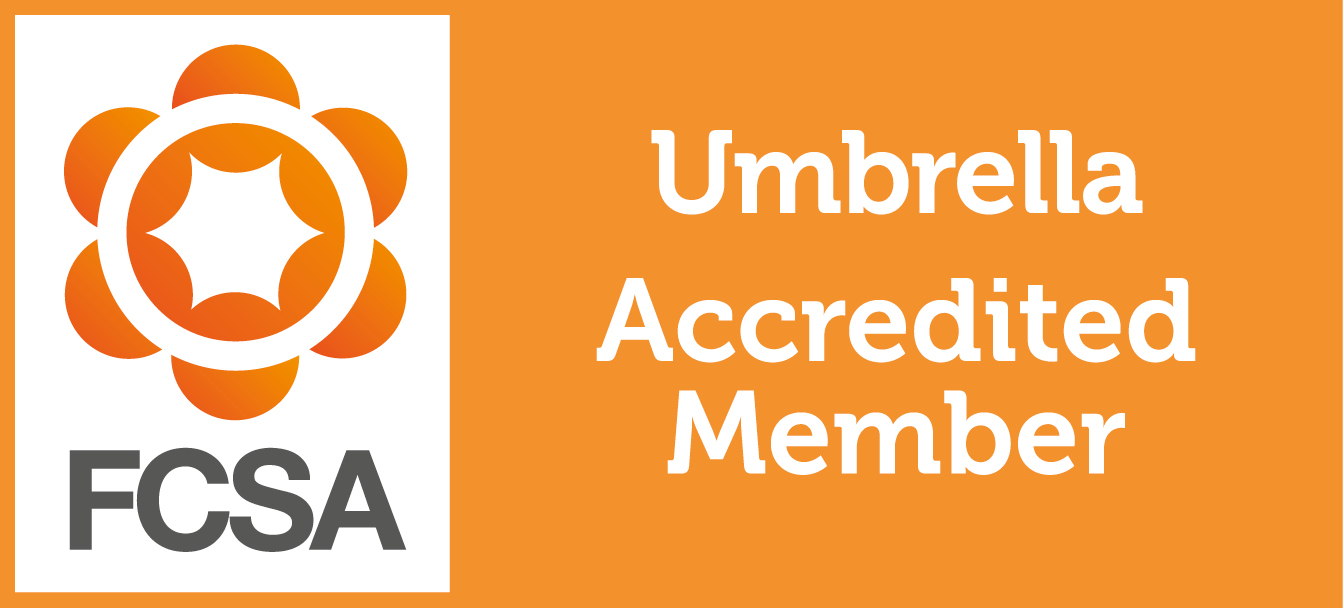
The Freelancer and Contractor Service Association (FCSA) has brought a new type of fraud to its members’ attention, targeting recruitment agencies. This blog summarises the new scam and explains how it works. If you represent a staffing agency and place temporary workers – you must read the following and ensure your business has precautions in place.
The supply chain of temporary workers has recently been under attack by fraudsters and cybercriminals. During the coronavirus pandemic, mini umbrella company fraud unveiled that unscrupulous recruitment agencies targeted temporary workers by referring them to non-compliant payroll providers for financial gain. Umbrella company cloning was also identified – to trick recruitment agencies into making payments into the wrong bank accounts. There has also been a spate of serious cybercriminal activity targeting some of the UK’s most recognised umbrella companies.
It appears a new type of fraud has been identified within the sector, and it’s targeting recruitment agencies. First identified by an umbrella company, the FCSA was made aware, and they have shared the latest scam with us to alert our recruitment partners.
How does the new fraud work?
According to the reports received by the FCSA, the new active fraud works as follows:
- An end-client approaches a recruitment agency with an active and open requirement. They also put forward a preferred/pre-selected candidate they wish to use (contractor).
- The recruitment agency engages with the end client commercially and agrees to provide the candidate to the end-user.
- The recruitment agency determines that the candidate is best using an umbrella company for their payroll.
- The candidate registers with an umbrella company and completes the onboarding process.
- The recruitment agency receives timesheets signed by the correct personnel and invoices the end client accordingly.
- The recruitment agency sends the appropriate funds to the umbrella company for multiple weeks’ worth of work.
- The umbrella company pays the candidate with PAYE – which is common practice.
The above is a common chain of events that occurs between an end-client, recruitment agency and temporary worker. However, in the newly reported fraud, the following is also happening:
- The recruitment agency does not receive any payment from the end-client, even after a few months.
- The recruitment agency is unable to contact the end-hirer and receives no response to the outstanding invoices and requests for payments.
- The end-client appears to be a sham company and cannot be identified.
- The umbrella company later discovers that the candidate used fake documentation, and possibly:
- Presented fake identification and Right to Work (RTW) documentation.
- Impersonated a real worker and stole their identity.
- Used an innocent person’s National Insurance (NI) number.
In the case reported to us, the umbrella company identified the fraud was real once an innocent person got in contact and reported they had received a tax code revision and therefore went and checked their online tax records.
Ciaran Woodcock, a director at Umbrella Company UK, said:
“The criminals behind the fraudulent activity targeting staffing agencies and payroll providers are working tirelessly and show no signs of slowing down. The entire sector is taking a serious hit. We’ve recently seen mini umbrella company fraud and the cloning of umbrella companies. Now we are seeing fake end-clients target vulnerable recruitment agencies.
The attacks on the industry are relentless, and I hope everyone, whether working at an end-hirer, staffing agency or as a temporary worker – acts vigilantly to ensure the evil people behind these scams fail.
I am very grateful the FCSA made us aware of this new fraud as soon as it came to light. I hope by writing this blog and sharing it with our partnered agencies – we can help keep businesses and temporary works safe from criminal activity.”






